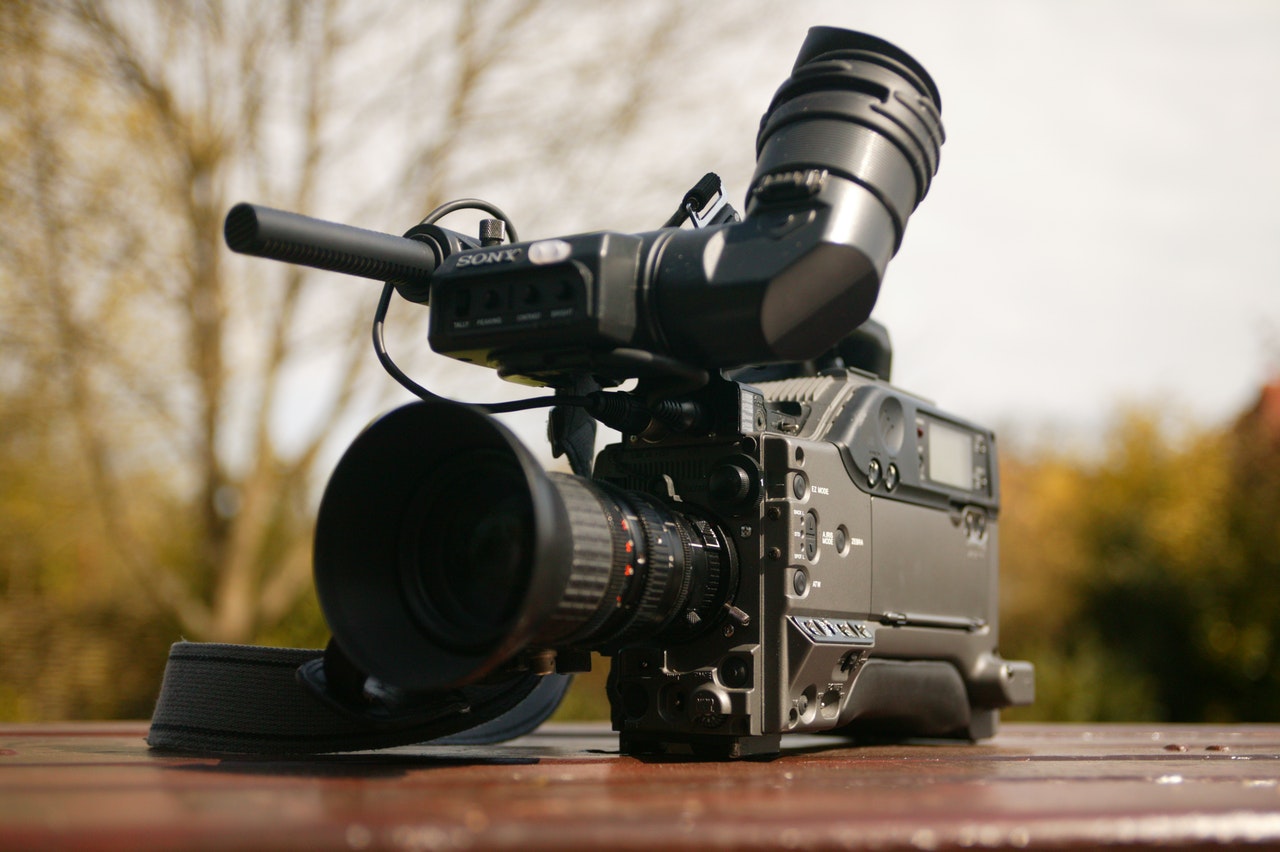Engaging the media, keeping them informed through robust communication and participation has been given due emphasis as one of the building blocks of the Nile Basin Initiative. Building strategic partnerships with the media is deemed critical to the successful attainment of the NBI Shared Vision Objective – ‘to achieve sustainable socio-economic development through the equitable utilisation, of and benefit, from the common Nile Basin water resources’. The media in the Member States plays a critical role in raising awareness on the opportunities and benefits of Nile Cooperation and the need for the basin states to work together to address the shared challenges, risks and threats. NBI works directly with journalists, editors and media owners in the region to educate them and equip them with the knowledge and information that enables them report authoritatively on the topics affecting the Nile Basin.
- NBI has conducted 7 Nile Media Training Workshops on different topics including food security and dam cascading from which at least two journalists from each NBI country are invited to benefit from the training.
- There are 300 journalists’ names and contacts saved in media database coverage all 10 NBI Member States.
- Journalists have benefited from 3 field trips in the region (Rusumo Falls, GERD project and Sudan dam cascading)
- Editors' breakfast meetings
- NBI has organised three Nile Media Awards ceremonies, in partnership with several organisations, with winners emerging in various categories including print, radio, television, online, best collaborative and best female categories.
Strategy
The overarching NBI Communication and Stakeholder Engagement Strategy 2018-2023 builds on a predecessor document of 2012 – 2016. The Strategy directly contributes towards the achievement of NBI’s six Strategic Goals by fulfilling the cross-cutting strategic direction 6.5 which seeks to “build consensus among the countries’ public and stakeholders for cooperative basin development and management”. Communication and Stakeholder Engagement Strategy Media coverage is organised around big events including Nile Day, Nile Council of Ministers meeting (Nile-COM) and the Nile Basin Development Forum (NBDF). As a prelude to these events, a series of activities are organised to complement the media coverage such as editors’ breakfast meetings, press briefings and press conferences where necessary. Press releases, press statements and talking points are drafted to accompany these activities. This enables the media to report factually and also presents them with opportunities to interact with technical experts to better understand Nile Basin issues. Nile Media Awards – The Nile Media Awards were introduced to promote increased, factual and balanced reporting on Nile cooperation and Nile Basin issues. Journalists are encouraged to submit entries covering topics such as countries jointly addressing challenges like climate change, maximising socio-economic benefits, minimising risks and costs of development projects, and promoting regional peace and security through the cooperative management and use of the shared Nile Basin water resources. We encourage journalists to explore the benefits of cooperation in the Nile Basin on various topics/sectors, including food, water and energy security, climate adaptation, ecosystems, governance and management of water resources, regional investment projects and many more. Nile Media Training Workshop – These workshops are organised to equip journalists with skills on how to report about the technical content around NBI’s thematic areas as well as provide them with platforms from which they can access news about the NBI. Consideration for participants in these workshops is to have fair representation from all the 10 NBI Member States with the host country benefitting in terms of having more participants present. Editors’ breakfast meetings – Breakfast meetings with editors are organised ahead of the big gatherings such as Nile Day or Nile Basin Development Forum. Participants are invited from all the major media houses in the host country, who are then briefed about the event that’s going to take place, it’s significance and how NBI and the media can partner to provide maximum visibility for the event. This involvement with the media houses also enables the editor identify the most suitable journalist to cover the event. Press briefings – Press briefings take place after the editors’ meetings to brief the journalists about the details of the event that’s to take place one or two days later. This enables them report and create awareness ahead of the event before they can be invited to attend the event itself and write about it thereafter. Field trips – NBI has organised two field trips so far, which have been embedded in the Nile Media Training Workshops. the purpose of these field trips is to show journalists physical evidence of the projects NBI is implementing in the region and how they will benefit the communities living around them. The first field trip was during a workshop in Kigali, Rwanda to the 80MW Rusumo Falls Hydroelectric Project implemented by NELSAP-CU to benefit Burundi, Rwanda and Tanzania. Find more publications on this Click here
